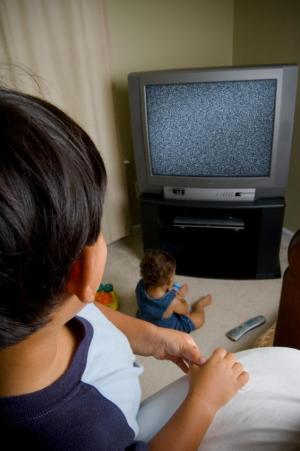
 A couple of studies recently published confirm what we’ve suspected. Screen time and obesity are positively correlated. And the news gets worse. A study out of Canada found that children from disadvantaged neighborhoods were 3-4 times more likely to fall into these high-risk groups. Another study, this one out of SUNY Buffalo, found that kids whose screen time was reduced lost weight. According to a report in Bloomberg,
A couple of studies recently published confirm what we’ve suspected. Screen time and obesity are positively correlated. And the news gets worse. A study out of Canada found that children from disadvantaged neighborhoods were 3-4 times more likely to fall into these high-risk groups. Another study, this one out of SUNY Buffalo, found that kids whose screen time was reduced lost weight. According to a report in Bloomberg,
Children whose viewing was eventually cut in half ate less, spent less time on sedentary activities and developed a healthier body mass index, a ratio of height to weight. The reduction in screen time didn’t translate into additional physical activity, providing insight into how sitting in front of a television or computer contributes to obesity in children, the researchers said.
Caveat Emptor: The Bloomberg article linked above is an advertisement dressed up as news. The article spends as much space pitching a $100 electronic device called the TV Allowance as it does reporting consumer information. This blurring of PR/Advertising and Journalism is almost as frightening as a 5th grade classroom full of 200 pound screen junkies!

